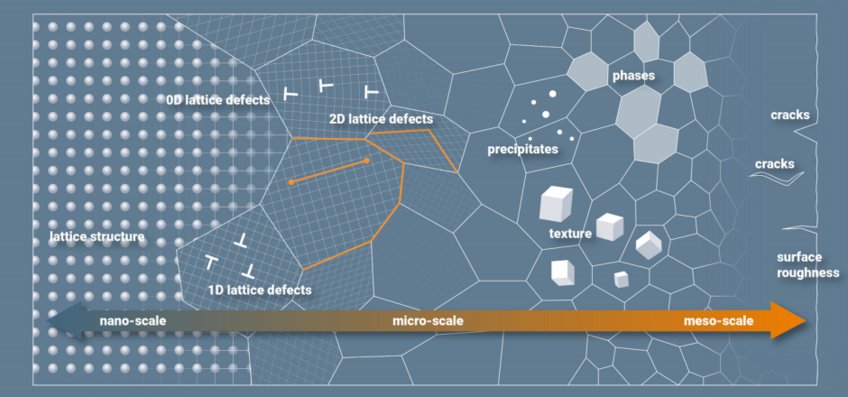The group studies the science of hydrogen at and across microstructural defects, both in structural and energy-related materials, in close reflection of the associated complex redox phenomena taking place in and at the surfaces of these materials. Many of these phenomena are of highest relevance for developing novel materials and processes that leverage a hydrogen-driven carbon-neutral economy, such as catalysis and sustainable material production.
[more]


